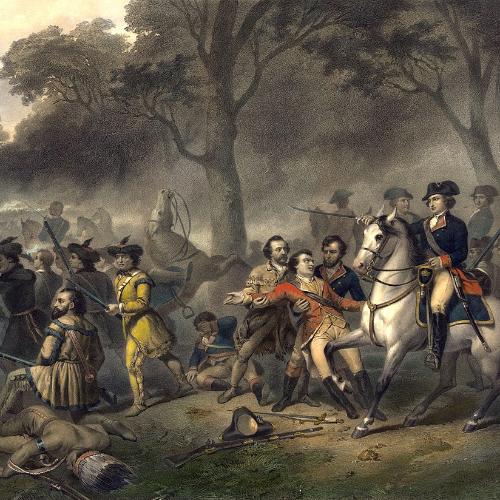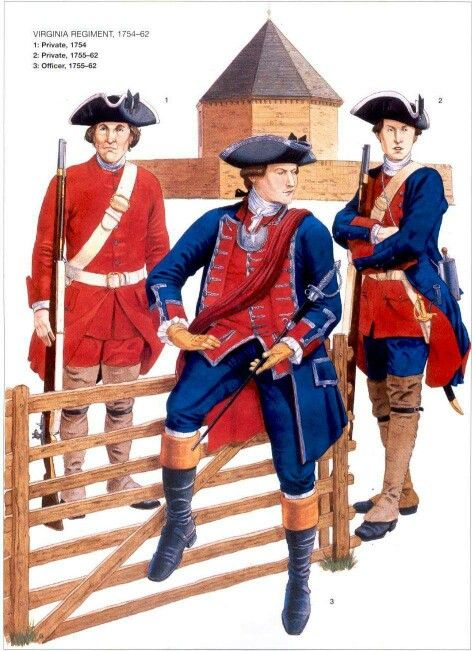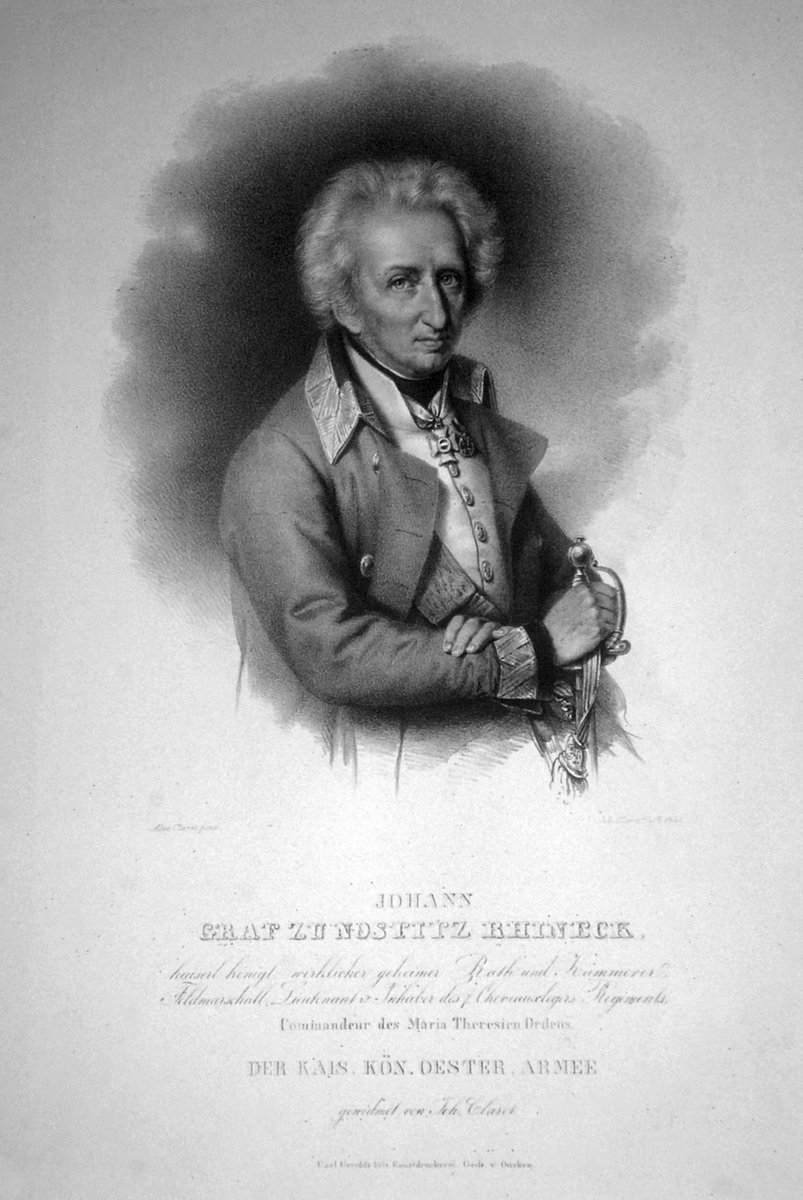#OTD #Onthisday 27 May, 1754, Christopher Gist and the Half-King confirmed that the French were advancing from the Crossing of Youghiogany.
Washington, overflowing with confidence that he had prepared "a charming field for encounter," set off for the French camp.
(1/9)
Washington, overflowing with confidence that he had prepared "a charming field for encounter," set off for the French camp.
(1/9)
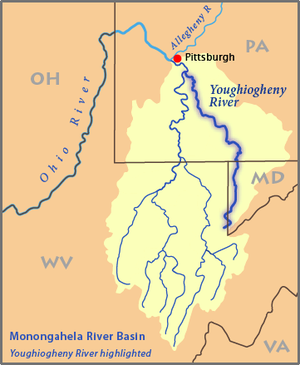
Yesterday, "a small light partys of Horse (wagon Horses)to reconnoitre the Enemy, and discover [the enemy's] strength and motion" had returned "without seeing anything."
But early in the morning of the 27th, Gist returned to the camp with a frightening intelligence.
(2/9)
But early in the morning of the 27th, Gist returned to the camp with a frightening intelligence.
(2/9)
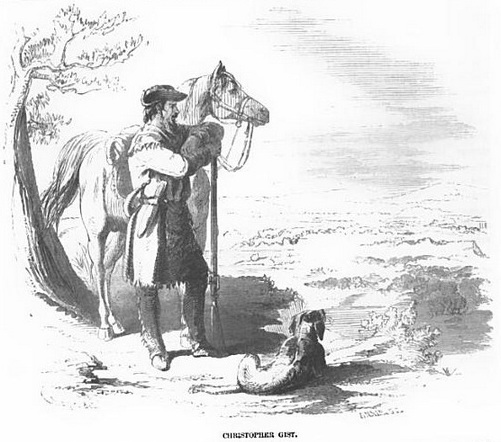
On the 26th, his plantation was nearly sacked by fifty Frenchmen under La Force until the two Indians scouts "persuaded them from their design." The French were said to have asked Gist, "what was become of the Half-King?"
(3/9)
(3/9)
Alarmed that the French might be within five miles from his bivouac, Washington immediately detached another party composed of "65 Men, under the Command of Captain Hog, Lieut. Mercer, Ensign Peronie, three Sergeants, and three Corporals, with Instructions."
(4/9)
(4/9)
He also let his Mingo scouts know "that the French wanted to kill the Half King; and that had its desired Effect," and had one of them look for the Half-King. The braves readily offered "to go after the French" and "incite their Warriors to fall upon [the French."
(5/9)
(5/9)
Enclosing the previous letter from the Half-King promising his aid, Washington reported to Dinwiddie that his militiamen, "with nature's assistance, made a good entrenchment, and, by clearing the bushes out of the meadows, prepared a charming field for encounter."
(6/9)
(6/9)

At 8 p.m., he finally received an Express from the Half-King, that "as he was coming to join us, he had seen along the Road, the Tracts of two Men, which he had followed,till he was brought thereby to a low obscure Place;
(7/9)
(7/9)
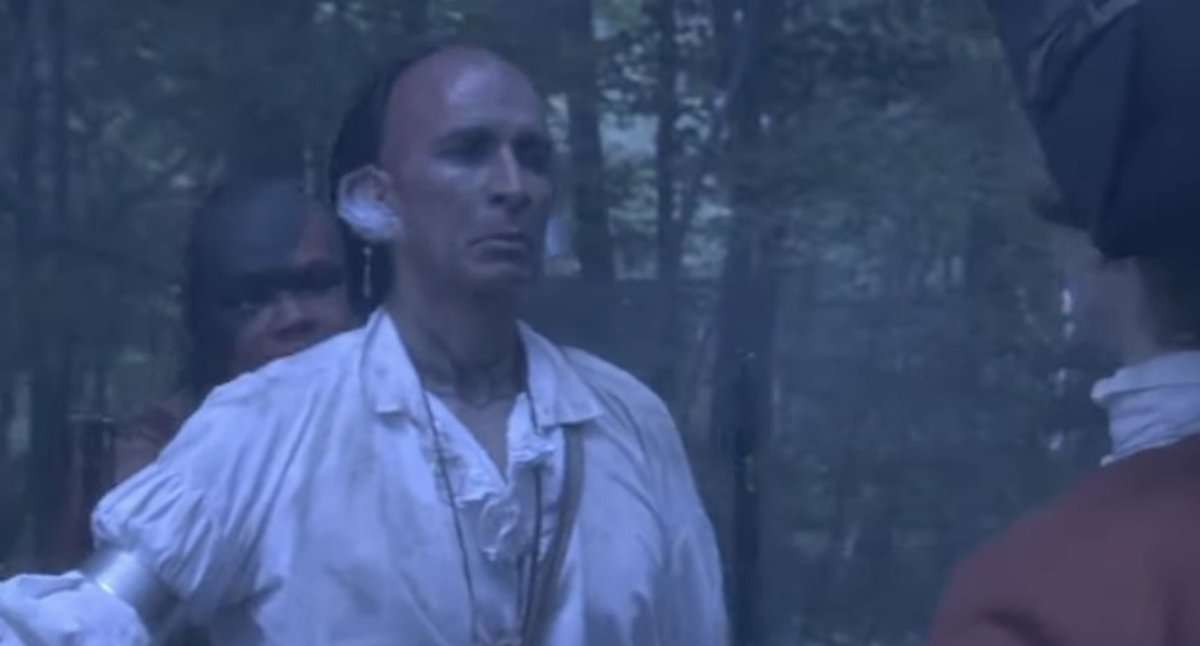
that he was of Opinion the whole Party of theFrench was hidden there."
Without hesitation, Washington sent out forty men as the vanguard and led the rest of his militia to follow the Half-King to the unknown destination.
(8/9)
Without hesitation, Washington sent out forty men as the vanguard and led the rest of his militia to follow the Half-King to the unknown destination.
(8/9)

They "set out in a heavy Rain, and in a Night as dark as Pitch, along a Path scarce broad enough for one Man." Before sunrise, they would repeatedly stray off for "fifteen or twenty Minutes out of the Path" and "often strike one against another."
(9/9)
(9/9)

(Sources: Diary of Washington, U.S. Library of Congress; Washington to Dinwiddie, 27 May 1754, Writings of George Washington)
• • •
Missing some Tweet in this thread? You can try to
force a refresh

 Read on Twitter
Read on Twitter

